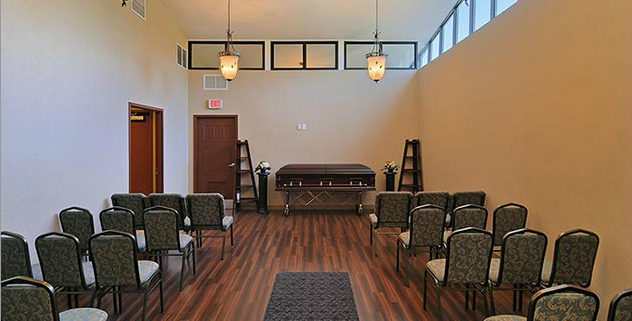A Guide to Funeral Industry Terms
Following the loss of a loved one, funeral arrangements can feel overwhelming. Unfamiliar terminology and a wide range of service options can add complexity to an already emotional time. This guide explores essential terms in the funeral industry, empowering you to make informed decisions as you honor the memory of the deceased.
Core Services:
- Funeral service: A formal ceremony typically held at a funeral home, place of worship, or another designated location. It allows family and friends to gather, pay respects, and celebrate the deceased’s life.
- Viewing/Visitation: A period before the funeral service where guests can view the deceased’s body, offer condolences to the family, and share memories. This can be held publicly or privately.
- Embalming: The process of preserving the body with chemicals to slow decomposition, allowing for viewing and an extended timeframe between death and burial. This is not required by law but may be chosen for specific service preferences.
- Casket: A rectangular container typically made of wood or metal that holds the deceased for burial. Caskets come in various materials and styles to suit individual needs and budgets.
Logistic Considerations:
- Funeral director/Mortician: A licensed professional who guides families through funeral planning, coordinating logistics like venue bookings, paperwork, and staff arrangements. They also ensure legal compliance and adherence to ethical standards.
- Pallbearers: Individuals entrusted with carrying or escorting the casket during the funeral procession and burial.
- Eulogy: A speech or written tribute delivered at the funeral service, often by a close friend or family member, that reflects on the deceased’s life and accomplishments. Tips on writing a eulogy.
- Committal service: The concluding portion of the funeral service, typically held at the graveside, where the casket is lowered into the ground.
Personalization and Traditions:
- Clergy member/Celebrant: An officiant who leads the funeral service, providing religious or non-religious elements according to the family’s wishes.
- Music: Music selection can play a significant role in setting the tone for the funeral service. Families may choose hymns, favorite songs of the deceased, or other meaningful selections.
- Flowers/Memorial Tributes: Flowers and other decorative elements can personalize the funeral service and reflect the deceased’s personality. Photo displays, memory tables, or video tributes can also be incorporated.
- Burial plot: A designated section of land within a cemetery for casket burial. Families may choose to purchase a plot in advance or utilize a family plot if available.
Financial Considerations:
- Funeral home: An establishment that provides funeral services, including planning assistance, facilities for viewings and services, and mortuary services.
- General price list (GPL): A document required by law to be provided by funeral homes. It details the costs of various funeral goods and services, allowing families to make informed decisions. View our pricing
- Prepaid funeral plans: An option where individuals can plan and pay for their funeral arrangements in advance, potentially locking in today’s prices and alleviating financial burdens for loved ones.
By understanding these key terms and exploring available options, you can navigate the funeral planning process with greater clarity and confidence. Remember, funeral services are a way to honor the deceased and provide a space for grieving and healing. Tailoring the service to reflect the unique life of the departed will create a lasting and meaningful tribute.









